Girlbosses: Six Women in Our Family Step Up to Lead Our Social-Change Work
Categorized as: Stories on June 7, 2014.

Photo courtesy of Sincerely Media on Unsplash.
Editor’s Note: Today we look inward to write about some exciting changes happening within the Skees Family Foundation. This year, we’ve expanded our board of directors, welcoming new family members across three generations. Listen in as they speak about how they landed in their leadership roles—and how they intend to wield their collaborative power.
![]()
This piece appeared on the PhilanthroFiles blog of Exponent Philanthropy.
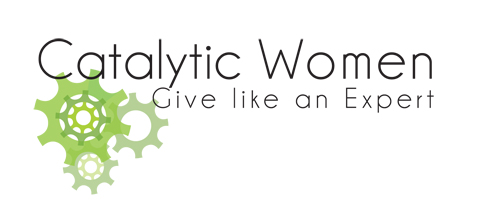
GirlBosses also appeared on the Catalytic Women blog.
Editor’s note: We recently conducted a strategic plan, mission focus, and landscape analysis to help us begin to codify and specialize our evolving grantmaking strategy. Our director, Suzanne Skees, believes that now it’s more crucial than ever to engage a variety of perspectives on our board. Here, our six board members speak on what it’s like to be women leading a foundation. See Board members’ bios here.
By Brienne Nicole Skees, Elisabeth Skees Deogracias, Jasmine Panchot Skees, Sally Skees-Helly, Shelly Shepard Skees, and Suzanne Skees.
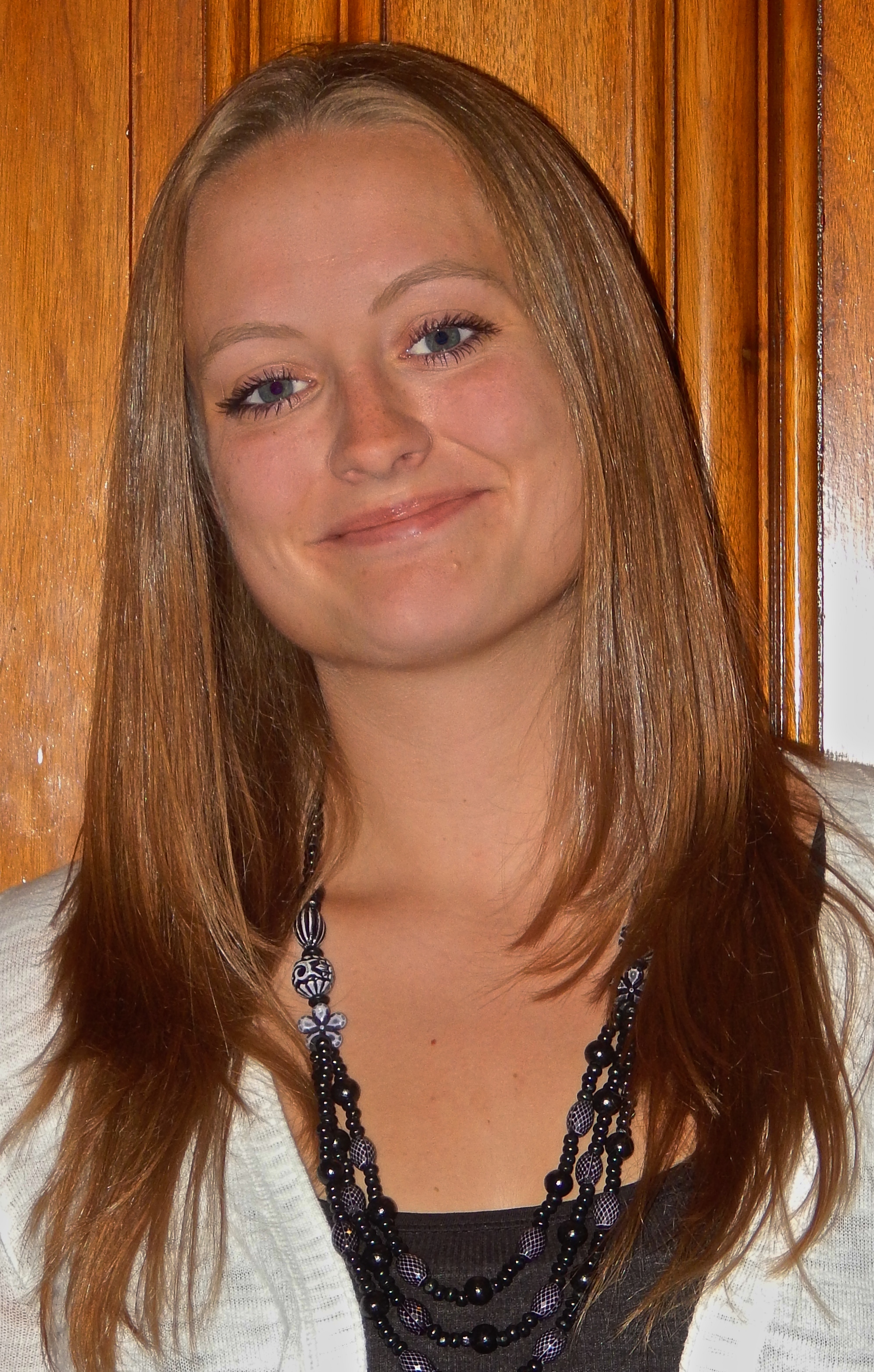
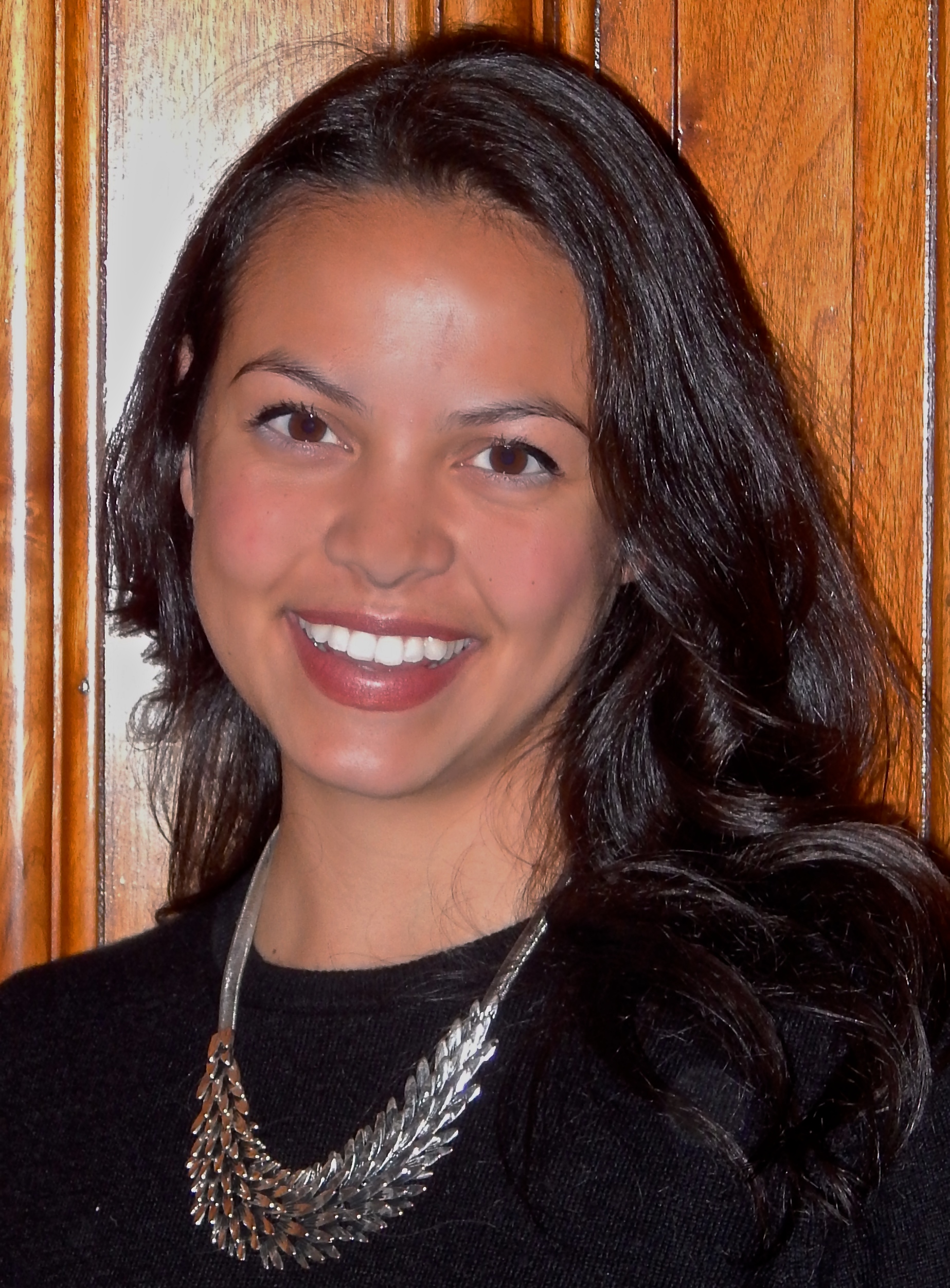
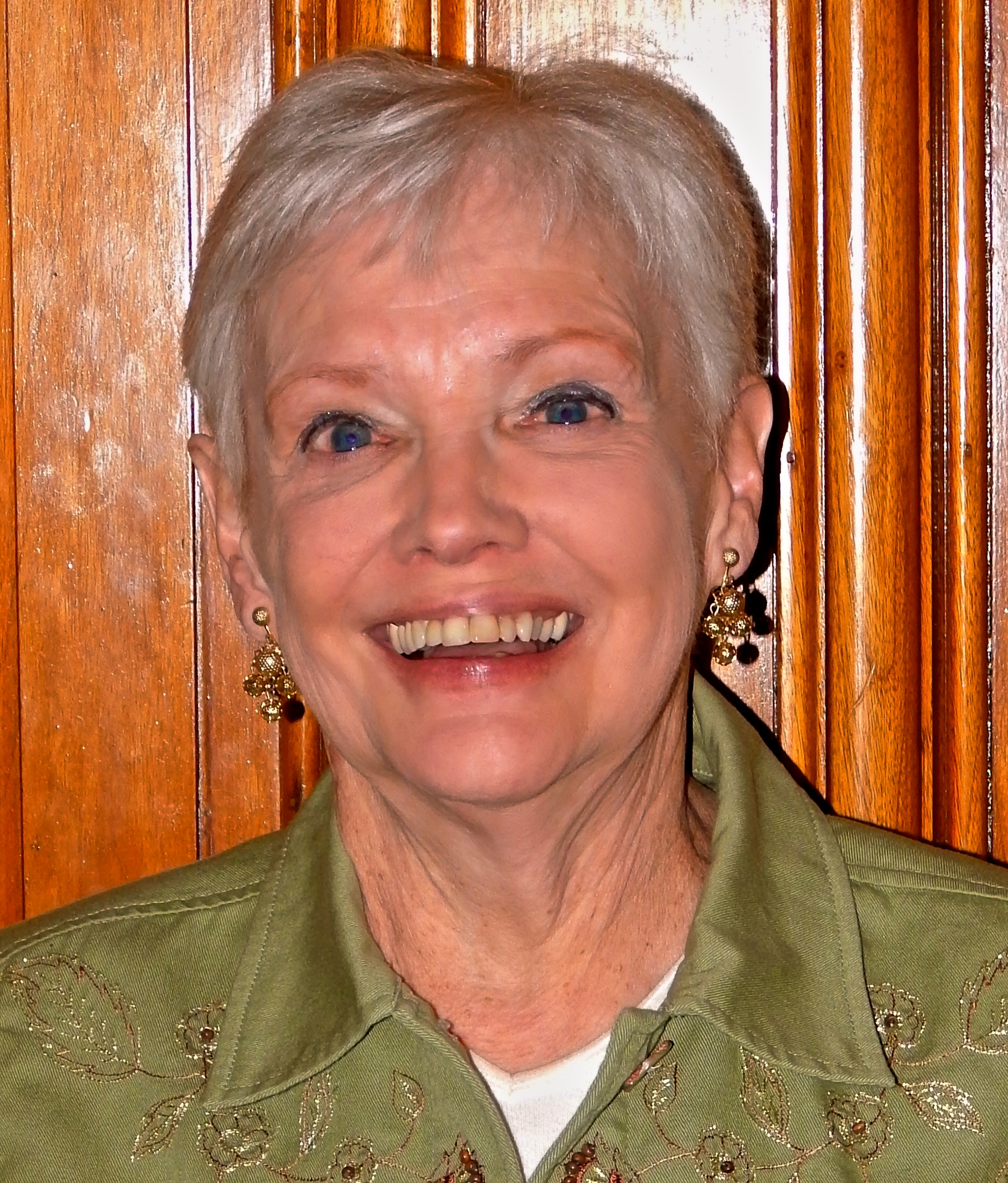
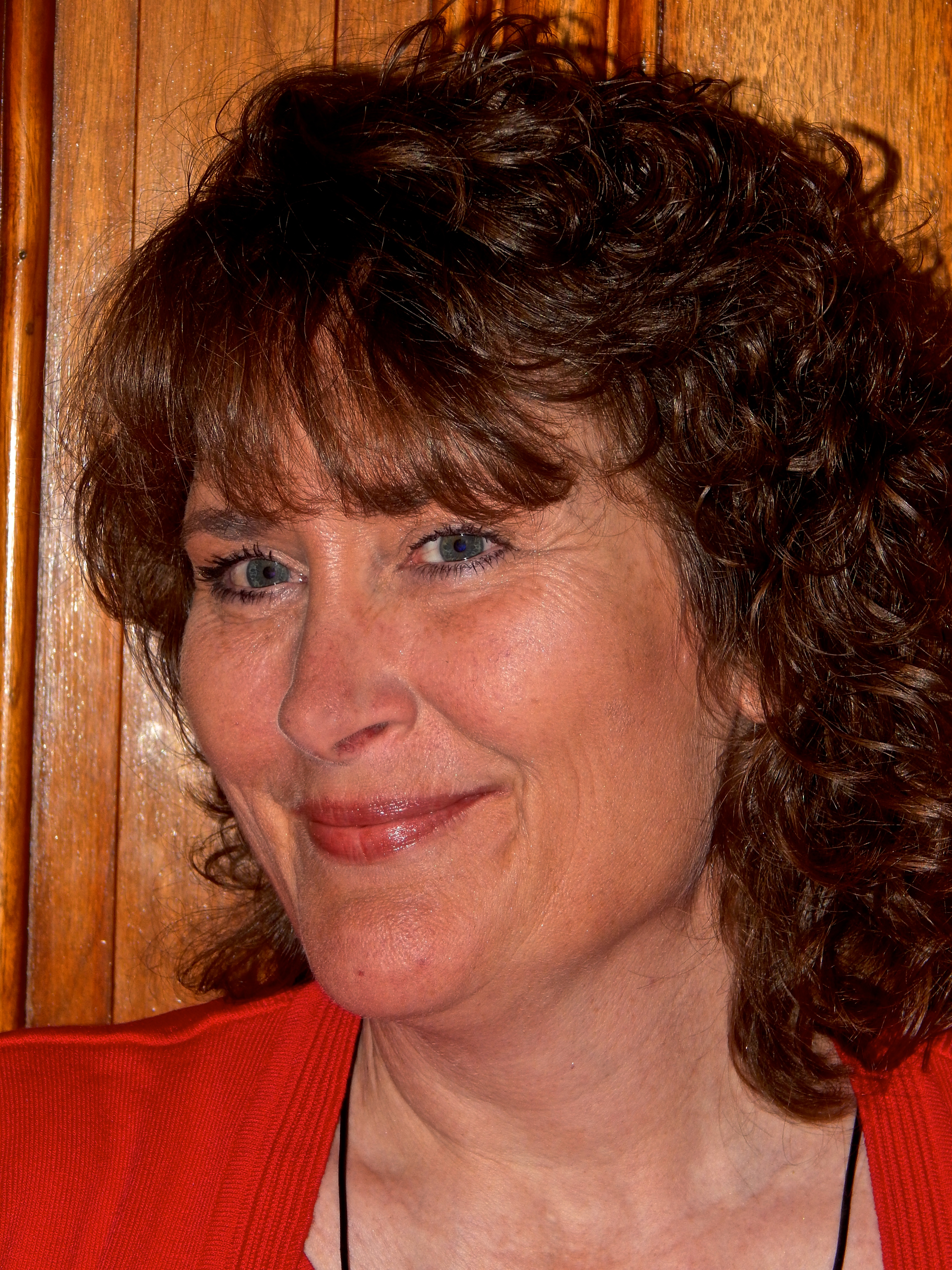
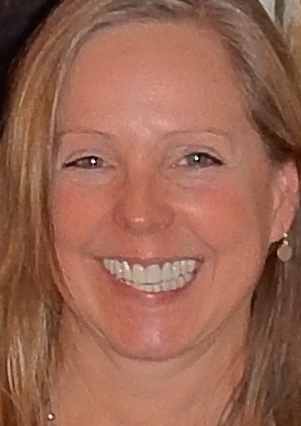
SFF Board women (L to R): Brienne, Elisabeth, Jasmine, Sally, Shelly, and Suzanne.
Tell me a little bit about your background and how you got involved with the Skees Family Foundation Board of Directors.
Shelly: I have worked in the healthcare industry in some form since I was 14 years old, starting as a candy-striper volunteer after school. I have never discovered my “dream job;” my profession was an “accident.” I am a respiratory therapist, a trade I decided to learn just to get a job until I could figure out what I wanted to be when I grew up. I guess I still haven’t grown up, because I am still an RT! Ron, my husband, introduced me to his family pretty early in our relationship. Suzanne was one of the first family members that I met and we hit it off right away. I have always admired Suzanne because she has always been so brave and appeared so confident. We have always been very close and when she started her foundation, I was curious about it. She always made me feel very special when she would share her stories with me or tell me about a trip that she went on . . . She always seemed surprised that I was interested! But, in my eyes, Suzanne has always been “The Board,” so when we all discuss the past and what Skees Family Foundation has become, I feel that a big part of it is Suzanne’s inspiring vision.
Brienne: I’ve always had a desire to help people. I think it stemmed from how I was raised and the influence of the people in my life. I narrowed my focus to sustainable international development in college, and I’ve been working toward a career in that ever since [graduating from Guilford College in 2012]. When Suzanne sent out an email saying the foundation was looking for family members to be on the board, I thought it would be a great opportunity. I am just starting to develop my career in this field; and serving on the board gives me the opportunity to do something I’m passionate about, while also gaining meaningful experience. So far it has been wonderful and I’m really looking forward to what comes next!
Jasmine: Several years before Skees Family Foundation was officially established, my daughter Suzanne and I spent a lot of time discussing what she felt she wanted to do to impact the world. I have always been her mentor in this regard. As someone who values compassion, serving on the board fits very well with who I am.
Sally: Last year, my sister Suzanne approached me to ask if I would be interested in joining the Skees Family Foundation Board. I was surprised and intrigued, wondering how I might be qualified without any background in non-profit or philanthropic work. I have been a divorce mediator for the past nine years and have a law degree as well as a B.A. in International Affairs
As my education may indicate, I have always been interested in human rights and social justice on a global level, probably as a result of some dominant gene in our family. I was peripherally aware of the work the foundation and Suzanne were involved in, but had always kind of considered it “her thing” (although I know that’s not what she intended). It’s been helpful to join the expanded board along with other members of my family, as we are all on the same learning curve. I feel like a door to a world I always wanted to be a part of has opened and I am anxious to get started!
Elisabeth: Growing up in the Skees Family, we were instilled from a young age to care for those “who are hungry for food or for love:” an oft-repeated prayer my Grana [see Jasmine, above] imparted on us at mealtime. We were expected to participate in the alleviation of suffering and cultivate a sense of justice through charity, educational pursuits, or spiritual expression. When I went off to college, I knew I wanted my studies to reflect my commitment to social values; and so I pursued urban and environmental studies. I joined a startup nonprofit called Venture for America (VFA) upon graduation that focuses on entrepreneurship and job creation. Joining the SFF Board seemed like a natural (and lucky) opportunity to learn even more about our family’s legacy and other applications of philanthropy.
Suzanne: Not everyone gets the miraculous chance to launch a charitable foundation honoring their parents’ legacy of giving—what we in our family call “philanthropy of the hands”—but somehow, I did. Having worked as an editor and writer whose major life mission had been caring for my three sons, up until then, I’d only mastered two skills: crafting a grammatically correct sentence, and baking a melt-in-your-mouth chocolate-chip cookie.
Then, in 2004, everything changed. A conversation with my wise eldest son Ben, who challenged me to “put your money where your mouth is” to end poverty, propelled me to the offices of my legal and financial advisors, Lisa and Greg, to set up the Skees Family Foundation (SFF) as a 501(c)3 nonprofit. Suddenly, I was tasked with finding and supporting innovative programs providing self-help opportunities, such as education and jobs, to effect equality and prosperity for all.
I crept shyly into such educational sessions as The Foundation Incubator and The Philanthropy Workshop and edged into corporate conferences such as SOCAP, Exponent Philanthropy, and Council on Foundations. Ten years ago, I carried no business cards, kept quiet about my foundation, and felt like a complete outsider in the field. Surrounding me were big-foundation staffers with MBAs and new-money techies with strong opinions, and they all seemed to know what they were doing. It took several years for me to realize that they, like me, were just human beings scrounging for successful solutions to seemingly intractable social problems.
How has this board impacted you personally and/or professionally?
Shelly: When the foundation started offering the Local 2 Global compensation (the foundation’s online multigenerational program by which our entire family can earn grant credit through volunteer time), I was in high gear volunteering for our local pantry and helping out with one of my daughter’s orchestra parent booster group. I was feeling stretched very thin at that time: I was raising four girls at home, working at full-time, and volunteering on the side. When Local 2 Global was launched, it felt great to have money I could give to others who so desperately needed it. I had always felt that I could only give my time. In hindsight, I realize that my time was pretty valuable too, but at the time, I didn’t feel like it was ever enough. When the opportunity to serve on the board was announced, my entire family said that I should apply . . . It will certainly be an educational experience and it really is my passion to help people. I have finally figured that out, after just 50+ years on this earth!
Brienne: Well, we haven’t been at it that long, but personally it makes me happy to know that I am doing something to help the world. Professionally, I’m using skills that I worked really hard to develop and that feels great. For the longest time I have felt stagnant. I’ve felt like I wasn’t doing anything to make the world a better place, and it was starting to take a toll on my emotional wellbeing. I wanted to do something that was at least somewhat related to my dream of achieving international sustainable development. And until [I began serving on the board of] the foundation, I hadn’t had that opportunity due to time commitments and financial responsibilities. Now, I feel like I am both doing something worthwhile and progressing in my career.
Jasmine: I had never served on a board, so a whole new world opened up to me! There is so much information and help online and with various staff resources (our consulting team at Third Plateau Social Impact Strategies, and our back-office support team at Foundation Source) at the foundation. My knowledge of boards, worthy causes, and ways in which we can help has grown. It continues to be a stimulating experience endless opportunities!
Elisabeth: Since my day job is working for a nonprofit, professionally it’s been a fascinating experience to sit on the other side of the table when it comes to fundraising! Learning first-hand the metrics and factors that funders use to evaluate organizations, has certainly informed how I think about how [my organization] Venture for America reports and measures our social impact. Personally, it’s a dream come true to learn about strategic giving from the women I’ve grown up admiring for their tireless commitment to leaving the world a better place than when we entered. The most rewarding aspect so far has been getting to know our current and prospective grantee partners and being inspired by the innovative solutions being implemented around the world to tackle some of our most intractable challenges.
Suzanne: Some days I feel like an imposter, dressing up and going to meetings as the founder and board chair of SFF. However, I keep myself grounded in two ways: by traveling frequently to the classrooms, shops, prison cells, and slums of our amazing grantee partners, and by transforming those visits—and lessons learned—into concrete stories about how real people are striving every day to make the world a more equitable, prosperous, healthy, peaceful place. For me, every site visit contains a story of hope, waiting to be shared.
Also, I play with my role: I wear jewelry made from recycled-paper beads strung by women in Africa. I carry, as my briefcase, a woven-wool sling bought from a microentrepreneur in Ecuador. I cut through jargon to get bluntly to the heart of the conversation, and I strive to listen as much as I speak. We who end up in positions of power—via education, promotion, charm, or wealth—don’t possess inherent wisdom and creativity: I believe, and try to exemplify, that we get to answers only through collaboration.
I like to break stereotypes by being a Midwestern woman raised with solid middle-class values, who arrived by happenstance into philanthropy. I enjoy jumping in and trying new things, and doing everything by hand. As director and board chair, I make mistakes every single day . . . It’s just that now, working with our fully engaged, talented group of Skees women, I can rely on the team to catch and correct them, and to help construct strategies for improvements in the future.
What do you see as the role of women in leading and impacting philanthropy?
Jasmine: Women bring a very different and unique light onto philanthropy. We bring intelligence, caring, resourceful, creative attitudes and dedication to the process.
Sally: In trying to impact poverty and social injustice on a global level, it seems to me the philanthropic world is realizing they must reach girls and women to have the most impact. The girls and women in developing countries are the ones raising and often supporting their families. They are often the ones who suffer the most injustice. As women, leaders in philanthropy may have a better ability to understand, access and connect with these girls. Such access gives these leaders the insight to adjust philanthropic models for maximum impact.
Shelly: Women are the future. We need to shift our societal views of success from domination to peaceful, sustainable global development. We can empower women who are devoted to the power of communication and peaceful resolution strategies. I believe that this upcoming generation of women will be the ones who have been raised to understand and employ this fundamental difference in a positive and peaceful manner.
Brienne: This is an interesting question for me. I believe historically women all over the world have been disempowered and that makes me both angry and frustrated. Even women in power are looked down upon. Disempowerment is a problem not only in the developing world, but also in the developed world, and unfortunately there are so many people who don’t even realize it. Because of this, it is hard to imagine a world where women, no matter race, religion, or ethnicity, will be respected as much as men and it breaks my heart.
I firmly believe women can play whatever role they want to in leading and impacting philanthropy. The question itself poses a problem for me because it highlights the idea that men and women should play different roles. I don’t think a role in the professional world (or in any world, really) should be defined by gender. If there is someone that is willing and able to make the world a better place, they should just do it.
Elisabeth: I work at the intersection of two industries—technology and non-profits—that seem to me to be more or less dominated by the opposite genders (men and women respectively). Women more than ever are engaged in philanthropy and choosing careers that reflect their values. Simultaneously, studies have shown that one of the most effective strategies for eradicating poverty is by investing in the education and employment of women and young girls. Couple that with the fact that historically, women have been broadly disempowered and you arrive at the conclusion that be it leaders or partners, it’s evident that women must be part of the equation.
When it comes to leadership, I’m reluctant to say things like women are more suited/needed/uniquely qualified for a career in charity than men because it can (and perhaps has) led to 1) men feeling isolated or less expected to participate and 2) women shying away from for-profit ventures. Regardless of gender, I’m interested in working with organizations and individuals who are fully committed to ensuring access and equality for all.
Suzanne: When it comes to wealth, women 50 years of age and older control a net worth of $19 trillion and own more than three-fourths of the U.S. financial wealth. A study by the Women’s Philanthropy Institute found that Baby Boomer women (born between 1946-1964) give 89 percent more to charities than their male counterparts. And the middle class tends to give even more of our money (7.6 percent of income, as compared with 4.2 percent from households earning more than $100,000/year). As for volunteering, 6 percent more women (another source says 7 percent more) consistently donate their time.
Is it estrogen or social training? Do women tend to be more empathic and generous than men? Not in my life experience. I’m lucky to know many, many men who are as compassionate as they are strong. In my personal life, what awakened my compassion was giving birth for the first time. Suddenly, not only did I come second, after my precious child; I also realized that all children were my nieces and nephews, all women my sisters, all men my brothers. Something profound and primal happens in giving birth. I’ve seen this change in men in my life. I’ve also seen it become the primary driver for our poorest foundation clients to pursue a better life at any cost to themselves. When I interview such unsung heroes to craft stories about them, we discover on both sides of the wealth and power gap that our love for our children unites us in a strong bond of hope for the world.
Not everyone gets the chance to be a girlboss. It’s a humbling experience and at the same time, it’s a responsibility: We must create pathways for others, too. We at SFF believe in all genders—not just women. Our vision is of “all boats rising,” all people receiving equal access to education and enterprise, with which they can create a life of prosperity. Until we create that world, we’re here to lead.
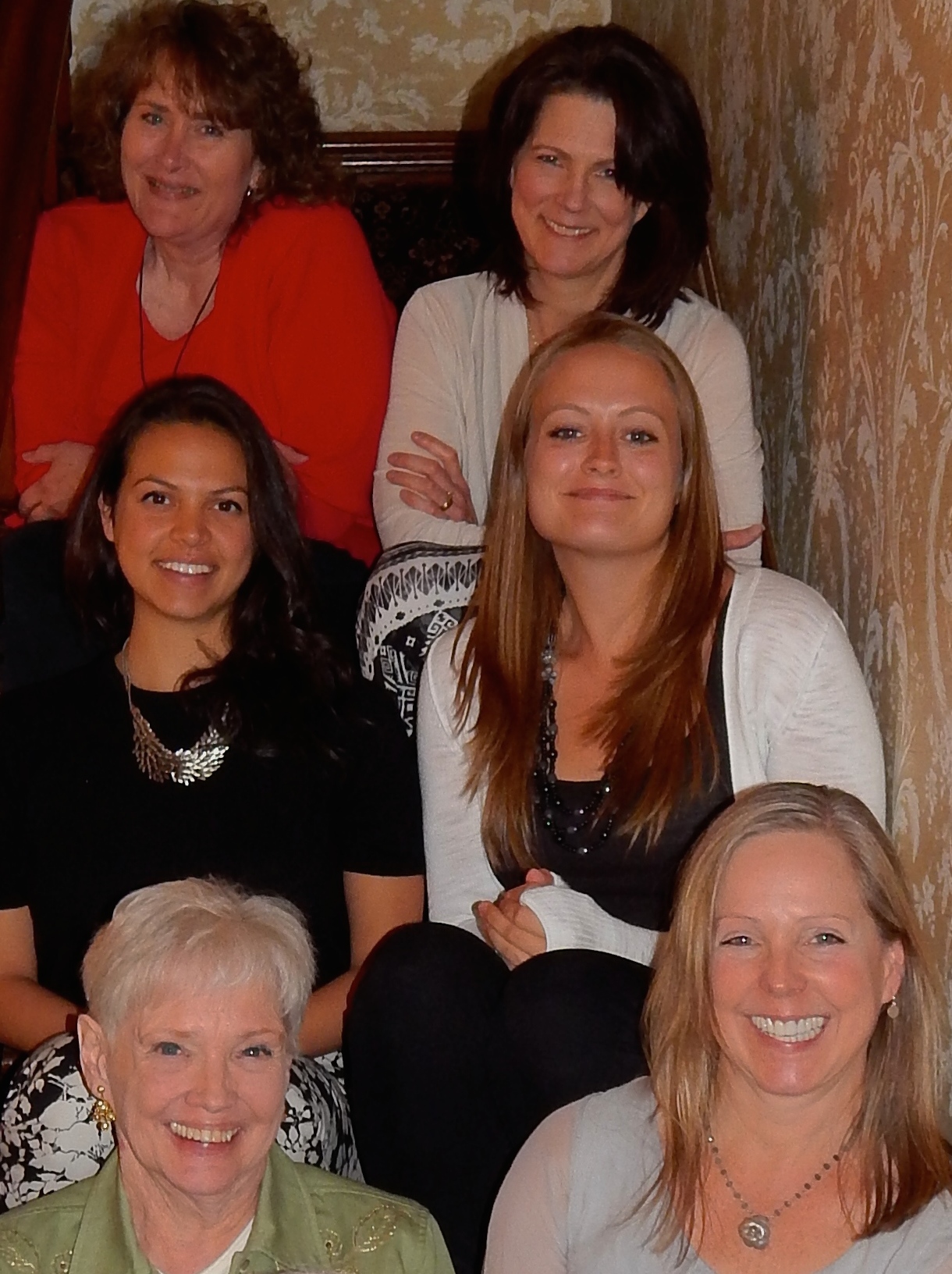 SFF Board women at our retreat in Dayton, OH in May.
SFF Board women at our retreat in Dayton, OH in May.
Photographs courtesy of Brienne Skees for Skees Family Foundation and Daniel Kaufman for Third Plateau Social Impact Strategies.
READ our latest Annual Report here.
SHARE this story on your Twitter feed or Facebook; see menu at top and bottom of page.
LEARN about our grantees here.
SUBSCRIBE! Like what you see? Click here to subscribe to Seeds of Hope!
